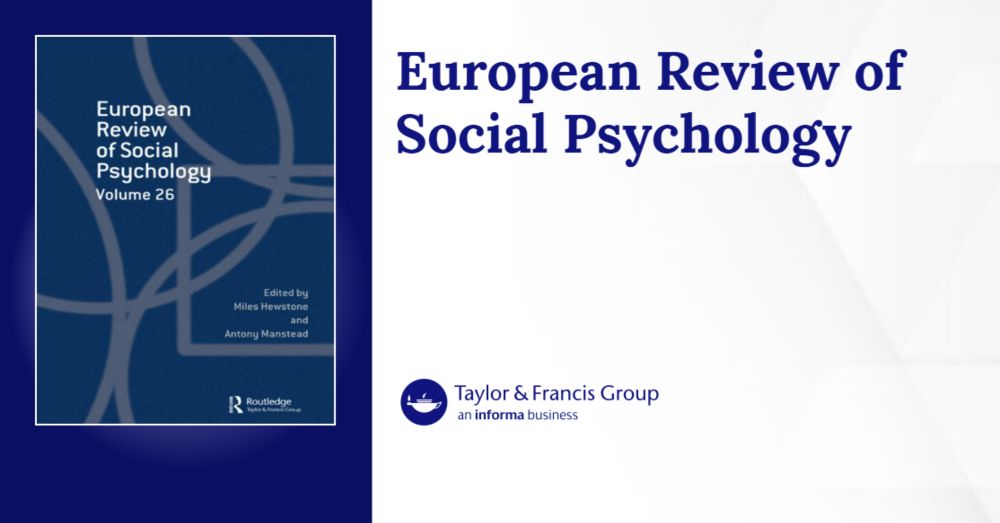
Introduction to the ERSP special issue on “Reflections on social-psychological theorizing and the state of our field”
Published in European Review of Social Psychology (Vol. 36, No. 2, 2025)
very happy to share the following special issue to which we invited a diverse set of reflections on our field that we thought would have something important and inspirational to contribute to ongoing theoretical discussions in social psychology.
www.tandfonline.com/doi/full/10....
06.10.2025 09:24 —
👍 8
🔁 2
💬 0
📌 0
great to see this piece finally out. led by the amazing @shuxianjin.bsky.social who saw this to the end
29.09.2025 13:49 —
👍 8
🔁 0
💬 0
📌 0

Outputs - HONORLOGIC
A range of HONORLOGIC research outputs are available for your use.
check out some of the recent (and older) publications that have come out of our HONORLOGIC project: honorlogic.org/outputs/
14.07.2025 12:16 —
👍 6
🔁 7
💬 1
📌 0
APA PsycNet
really chuffed this is finally out. if anyone needs a copy of the published version, let me know
Differences and similarities in psychological characteristics between cultural groups circum Mediterranean. Journal of Personality and Social Psychology, 129(1), 1–19. doi.org/10.1037/pspa...
02.07.2025 14:00 —
👍 4
🔁 0
💬 1
📌 0
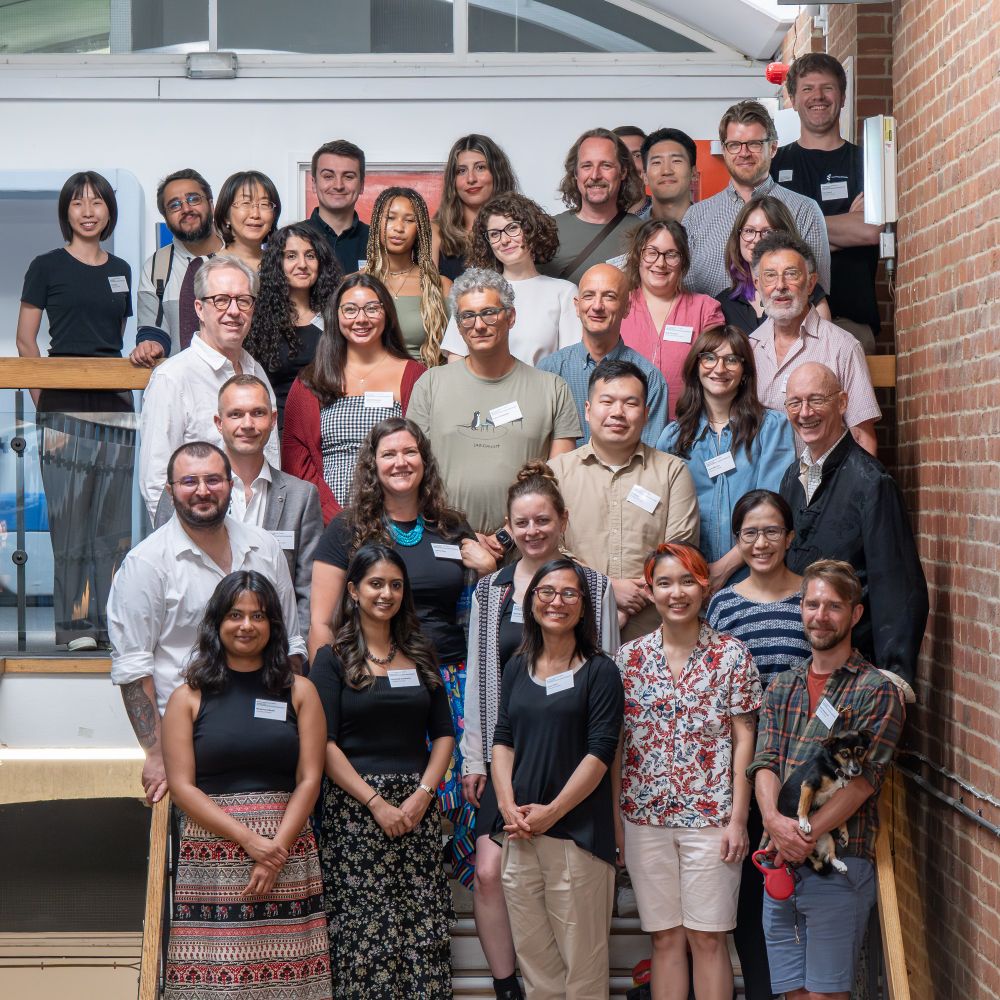
Very happy we got to host the 10th Culture and Psychology Mini Conference as members of the The Centre for Research on Cultural and Societal Diversity (CRCSD) at the University of Sussex
always a great meeting with culturally minded psychologists in the UK
01.07.2025 16:14 —
👍 9
🔁 2
💬 0
📌 0

going into the final year of my ERC grant HONORLOGIC with a wonderful team
welcome to our new postdocs, Jinseok Kim and Jason Freeman, who joined us from Korea and Japan, respectively
01.07.2025 12:32 —
👍 5
🔁 0
💬 0
📌 0
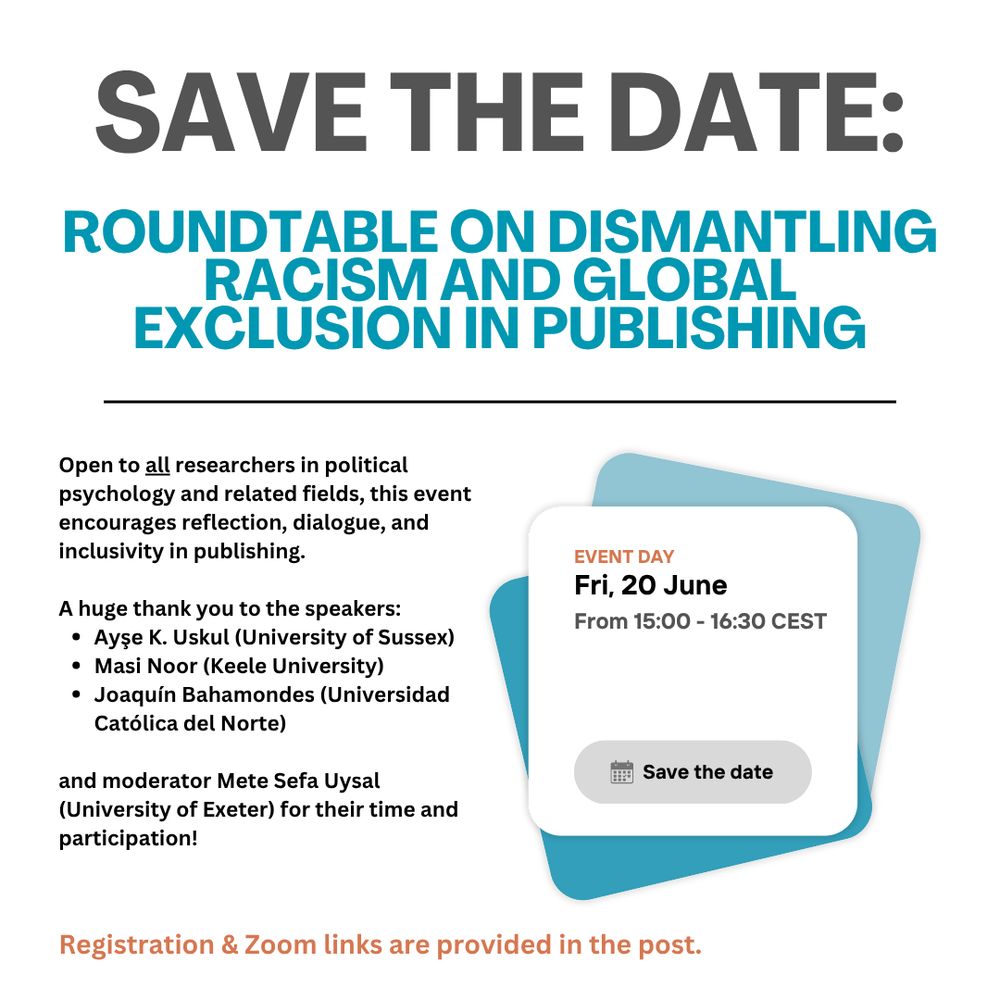
🔔 Reminder: Roundtable on Dismantling Racism & Global Exclusion in Publishing
🗓️ June 20 | 15:00 CEST | Zoom
Featuring speakers: Ayşe K. Uskul, Masi Noor, & Joaquín Bahamondes
Moderated by Mete Sefa Uysal
Zoom 🔗: ethz.zoom.us/j/65748053933
Optional Reg: elteppk.eu.qualtrics.com/jfe/form/SV_...
13.06.2025 14:33 —
👍 4
🔁 3
💬 1
📌 1

APS Global Psychological Science Summit
The APS Global Psychological Science Summit will take place virtually on October 21-23, 2025.
APS is hosting the 2nd Global Psychological Science Summit: October 21-23, 2025.
Our science faces many challenges right now, and this is a great opportunity for researchers all over the world to come together (virtually).
Please submit by June 17. www.psychologicalscience.org/conventions/...
29.05.2025 18:04 —
👍 1
🔁 2
💬 0
📌 0

Toward an Integrated Psychological Model of Violent Extremism
The global threat of violent extremism (VE) has intensified in recent years, evidenced by a significant increase in violent incidents. Despite numerous theoretical and empirical explanations across...
Milan Obaidi and colleagues present an empirically validated integrated model of violent extremism, synthesizing key psychological mechanisms
Find out more in this open access publication recently accepted by the European Review of Social Psychology
28.03.2025 11:45 —
👍 2
🔁 1
💬 0
📌 0
exciting special issue on social dilemmas in JESP edited by @shuxianjin.bsky.social @aromano.bsky.social and Giuliana Spadaro
14.03.2025 14:20 —
👍 3
🔁 0
💬 0
📌 0
oh no did it again!!
08.01.2025 16:37 —
👍 1
🔁 0
💬 1
📌 0
I don't know how many pieces I wrote that had some reference to the Meditreannean region and I still misspell the word 🫣
08.01.2025 16:37 —
👍 3
🔁 0
💬 1
📌 0
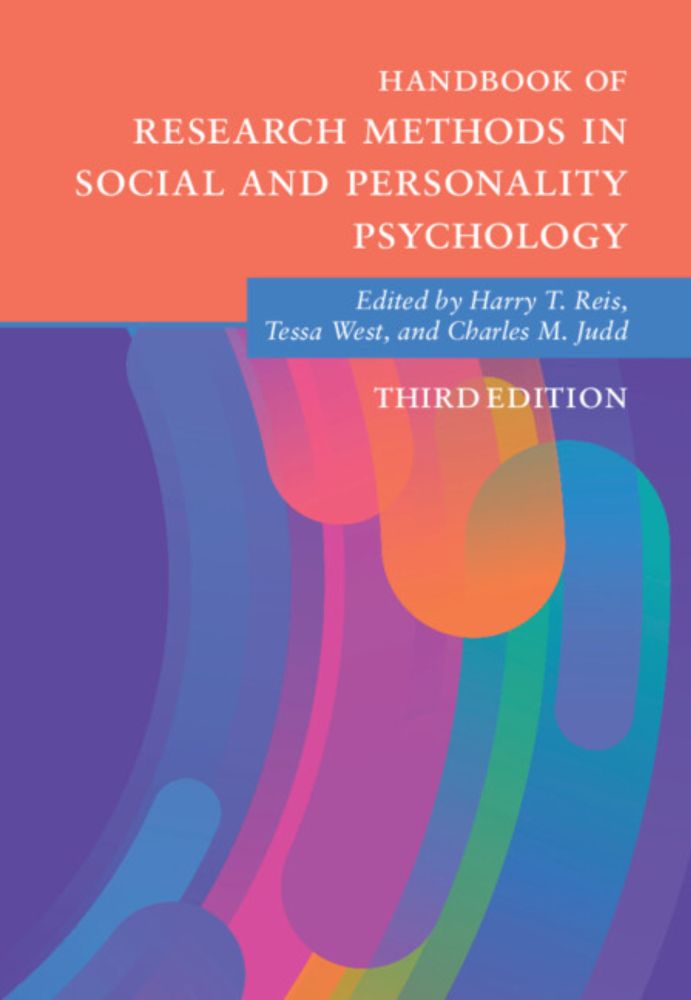
Handbook of Research Methods in Social and Personality Psychology
Cambridge Core - Personality Psychology and Individual Differences - Handbook of Research Methods in Social and Personality Psychology
The 3rd edition of the Handbook of Research Methods in Social and Personality is now available.
Check Part 1 for our chapter titled "A Cross-Cultural Method in Social and Personality Psychology: The Cultural Imagination" co-authored with Shige Oishi
doi.org/10.1017/9781...
06.01.2025 09:28 —
👍 15
🔁 1
💬 1
📌 0
tebrikler Meltem. Harika haber.
11.12.2024 23:45 —
👍 1
🔁 0
💬 0
📌 0
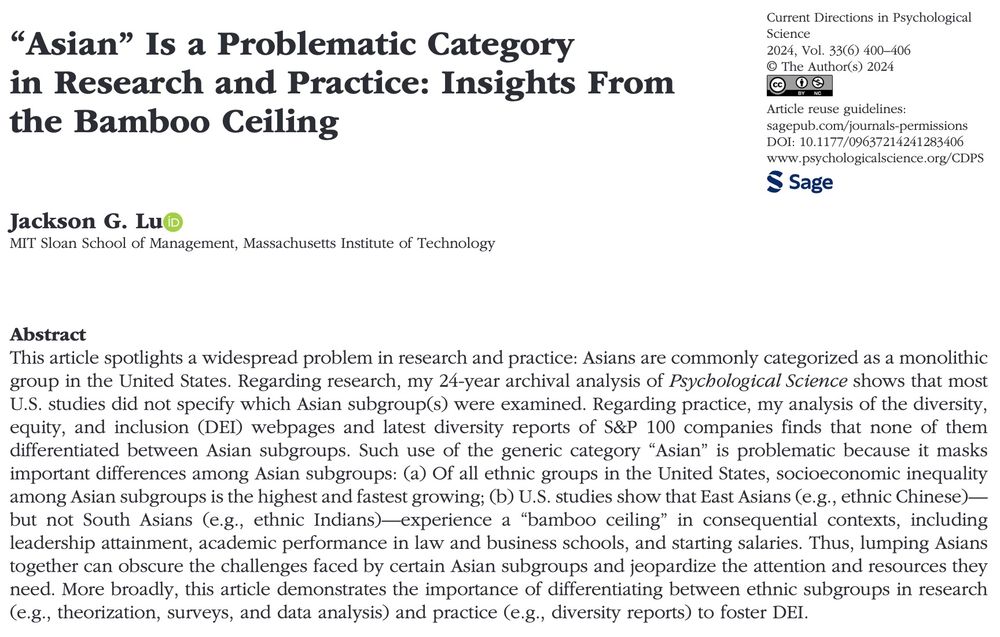
Abstract that reads, This article spotlights a widespread problem in research and practice: Asians are commonly categorized as a monolithic group in the United States. Regarding research, my 24-year archival analysis of Psychological Science shows that most U.S. studies did not specify which Asian subgroup(s) were examined. Regarding practice, my analysis of the diversity, equity, and inclusion (DEI) webpages and latest diversity reports of S&P 100 companies finds that none of them differentiated between Asian subgroups. Such use of the generic category “Asian” is problematic because it masks important differences among Asian subgroups: (a) Of all ethnic groups in the United States, socioeconomic inequality among Asian subgroups is the highest and fastest growing; (b) U.S. studies show that East Asians (e.g., ethnic Chinese)—but not South Asians (e.g., ethnic Indians)—experience a “bamboo ceiling” in consequential contexts, including leadership attainment, academic performance in law and business schools, and starting salaries. Thus, lumping Asians together can obscure the challenges faced by certain Asian subgroups and jeopardize the attention and resources they need. More broadly, this article demonstrates the importance of differentiating between ethnic subgroups in research (e.g., theorization, surveys, and data analysis) and practice (e.g., diversity reports) to foster DEI.
A paper with an important message in a clear title: "'Asian' Is a Problematic Category in Research and Practice"
Categorizing Asians as a monolithic group in the US misses important - and under-research in psych - variation among Asian subgroups
journals.sagepub.com/doi/full/10....
#psyscisky
09.12.2024 14:57 —
👍 38
🔁 12
💬 2
📌 5
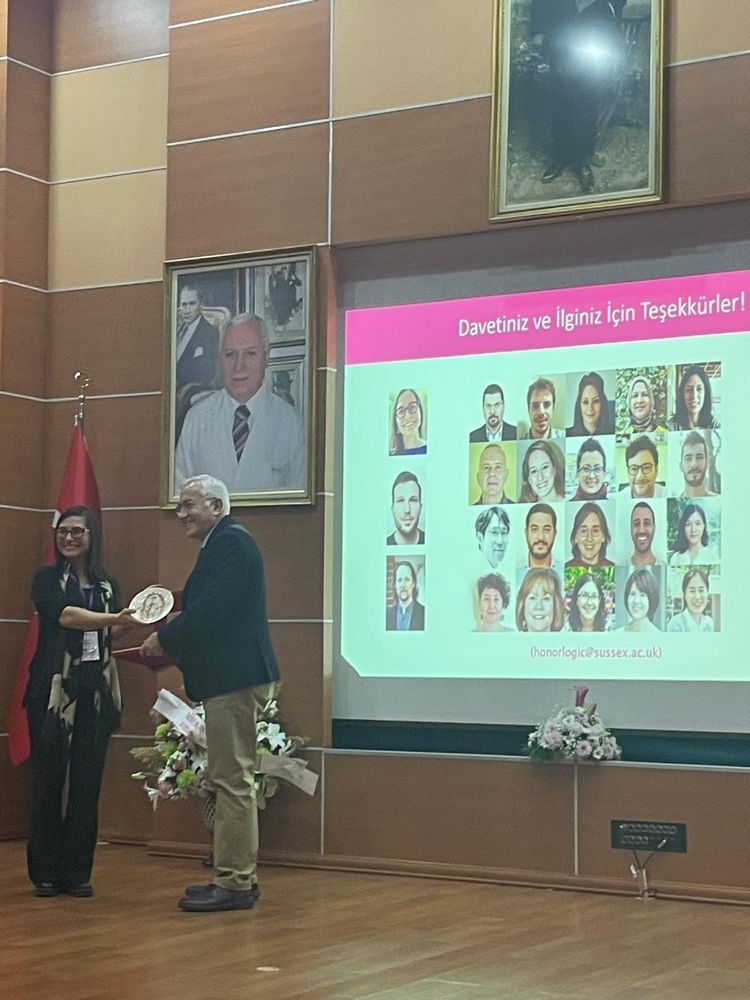
I had never given a scholarly talk in my native language before I was invited as a keynote to the 5th Social Psychology Congress in Ankara last week.
It was a wonderful experience to think & talk in Turkish and connect with old friends, colleagues, and professors. I am grateful for the invitation
09.12.2024 14:06 —
👍 26
🔁 0
💬 0
📌 0

How can we build inclusive excellence in academic publishing? SPSP's Anti Colorism/Eurocentrism in Methods and Practices (ACEMAP) task force has published an article that highlights their recommendations and resources.
🔗: ow.ly/lwBk50Umu1t
06.12.2024 15:50 —
👍 4
🔁 3
💬 0
📌 0

Research Fellow Ref: 32484 (Fixed-term) - Job page - University of Sussex Job Search
Last chance to join the amazing HONORLOGIC team as a research fellow.
interested in cultural psychology? have skills in multi method analyses? enjoy writing papers?
apply here for a 12-13 month position to produce outputs with us: jobs.sussex.ac.uk/job/11fef29b...
04.12.2024 18:15 —
👍 10
🔁 10
💬 0
📌 3
Prior to Brexit, the UK used to host the largest number of ERC awardees in every round.
Results from the most recent Consolidator Scheme: The highest numbers of grants awarded to Germany (67), France (38), the UK (38) & the NL (37).
sad to see the decline of intellectual capital in this country
03.12.2024 11:39 —
👍 4
🔁 1
💬 0
📌 1

Crete Meeting - HONORLOGIC
Social Science Perspectives on Individuals, Cultures, and Institutions in the Mediterranean Region
deadline approaching fast: scholars researching the Mediterranean Region & groups from the Mediterranean cultures
now updated website with featured speakers Mai Albzour, @ayseguveli.bsky.social , Rebecca Byrant, and Ahmed Mohamed
submit your abstracts by Dec 15: honorlogic.org/cretemeeting/
02.12.2024 16:13 —
👍 13
🔁 9
💬 0
📌 2
just printed it to read on my next train ride. very much looking forward to diving into it
22.11.2024 13:24 —
👍 3
🔁 0
💬 1
📌 0

Crete Meeting - HONORLOGIC
Social Science Perspectives on Individuals, Cultures, and Institutions in the Mediterranean Region
We are organising an interdisciplinary meeting on the Mediterranean region. Come join us in Crete between 6-8 April 2025
Submit your research from topics related to the Mediterranean region and groups originating from the Mediterranean societies on this website: honorlogic.org/cretemeeting/
07.11.2024 17:43 —
👍 14
🔁 8
💬 0
📌 0
There is still time to register to attend psychologicalscience.org/conventions/...
Come join us to participate in a great collection of talks, plenary sessions, and posters
17.10.2024 09:40 —
👍 1
🔁 0
💬 0
📌 0

















